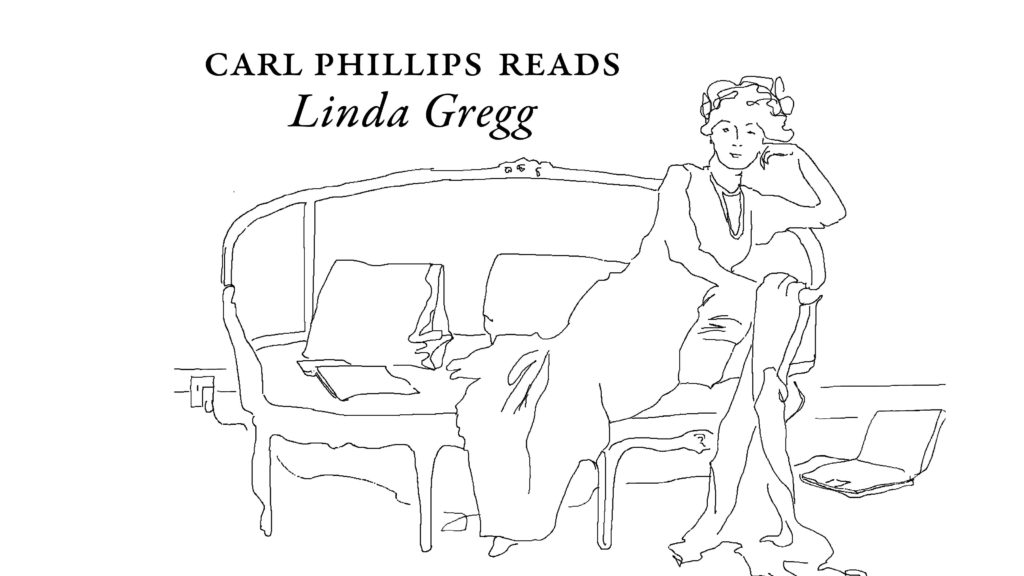In this series of videograms, poets read and discuss the poems getting them through these strange times—broadcasting straight from their couches to yours. These readings bring intimacy into our spaces of isolation, both through the affinity of poetry and through the warmth of being able to speak to each other across the distances.
“It Is the Rising That I Love”
by Linda Gregg
Issue no. 101 (Winter 1986)
As long as I struggle to float above the ground
and fail, there is reason for this poetry.
On the stone back of the Ludovici throne, Venus
is rising from the water. Her face and arms
are raised, and two women trained in the ways
of the world help her rise, covering her
nakedness with a cloth at the same time.
If this continues, she, goddess of beauty
and love will have accomplished the earth
where I stand. She from water to land,
me from earth to air as if I had a soul.
It is the rising I love, in no matter what
element, to the one above. As I ascend, helped
by prayers and not by women, I say in all my
sexual glamor, see my body bathed in light and air.
See me rise like a flame, like the sun, moon,
stars, birds, wind. In light. In dark.
But I never achieve it. I get down on my knees
this grey April to see if open crocuses have a smell.
I must live in the suffering and desire of what
rises and falls. The terrible blind grinding
of gears against our bodies and lives.
Carl Phillips teaches at Washington University in St. Louis. His most recent book is the poetry collection Pale Colors in a Tall Field. Read his Art of Poetry interview.
from The Paris Review https://ift.tt/2ROIDE4

Comments
Post a Comment